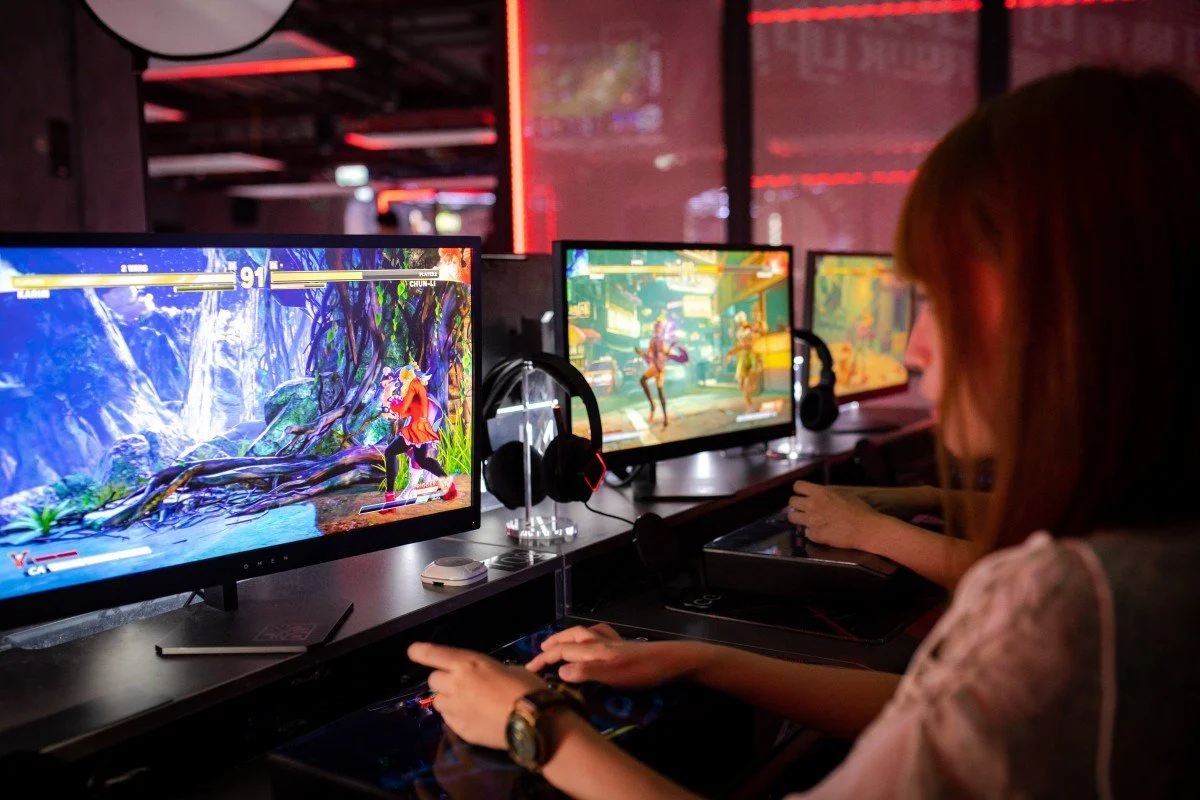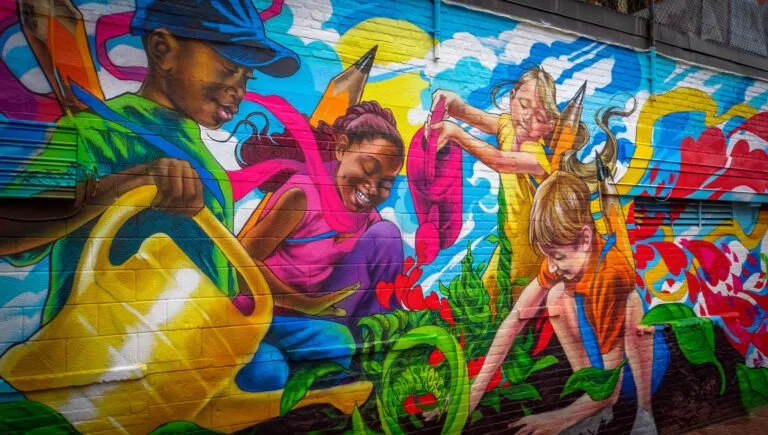 Researchers from Georgia Tech University recently published their first annual Future Media Outlook, an interactive online publication through nxtbook. Future Media Outlook tackles the concepts of information, technology and media in the future by focusing on "the trends that will fundamentally transform how content is created, distributed, and consumed..."
The publication focuses on six main concepts, one of which (arguably the most interesting) is true personalization - the ability to manipulate, personalize and filter a personal data stream. These manipulations change the information that is available or presented to a person based upon their previous actions and settings. True personalization will affect our consumption of products and services as well as how we spend our ever shortening leisure time. The click of a button or the modification of a setting could alter advertising, attendance, and data distribution for companies and organizations in incredible ways.
Researchers from Georgia Tech University recently published their first annual Future Media Outlook, an interactive online publication through nxtbook. Future Media Outlook tackles the concepts of information, technology and media in the future by focusing on "the trends that will fundamentally transform how content is created, distributed, and consumed..."
The publication focuses on six main concepts, one of which (arguably the most interesting) is true personalization - the ability to manipulate, personalize and filter a personal data stream. These manipulations change the information that is available or presented to a person based upon their previous actions and settings. True personalization will affect our consumption of products and services as well as how we spend our ever shortening leisure time. The click of a button or the modification of a setting could alter advertising, attendance, and data distribution for companies and organizations in incredible ways.
Due to the Data Tsunami created by the vast amount of information in this projected future, personalization will be required to focus content and allow people to navigate their own networks. Recommendation engines that compile our habits with our preferences will tailor our shopping, leisure and social experiences. People will know what events are going on, what food is being served, where meetings are happening, and where they most likely want to be at the touch of a screen. While this technology will show them exactly what they want to see, it begs the question : will they care about the information they are not receiving?
 For arts organizations, this could lead to new levels of advertising, event management and customer service, but it will also require new levels of tech savvy and strategic media planning. Data is powerful and no organization wants to be on the wrong side of a filter.
For arts organizations, this could lead to new levels of advertising, event management and customer service, but it will also require new levels of tech savvy and strategic media planning. Data is powerful and no organization wants to be on the wrong side of a filter.
Personalized recommendations, advertising, and marketing have already been implemented on sites like Google, Groupon, and Facebook. An individual's habits and data input affect the advertisements presented to them and the ways in which services are provided. In the future, this technology will become even more sophisticated and less conspicuous. The digital wave of news and information will manifest itself in total customization and intuitively targeted marketing.
Data input and manipulation could become a new burden for many institutions. In a world of customized lives and filtered data experiences, the arts will need to create their own space, partner with other industries and stake a claim in the entertainment and cultural markets. Being able to track events by location, recommend performances from purchasing habits and cultivate new donors from restaurant choices are wonderful concepts that could arise from this technology, but they will need to be created and managed by the arts institutions themselves.
A world with true personalization focuses on providing services to fill a customer’s needs. Having a clear understanding of the market, the service being provided and the correlations that must be made will be integral to navigating a world of filters and preferences. This new world of data will be based on research, correlations and the value of time and information.
Georgia Tech does a compelling job at forecasting the current trends and focusing on where technology is leading us. This trend is real, and I believe it will manifest itself in the not-so-distant future. A world where patrons require automatically updated calendars, events and performances synced with their Google calendars, and interactive donor plans is just around the corner. Recommendation engines, geolocation-based event maps and social event feeds are quickly moving from the future to the present. It will be interesting to see if these predictions become reality and how the arts and cultural sector reacts to this new world of filters and data.





